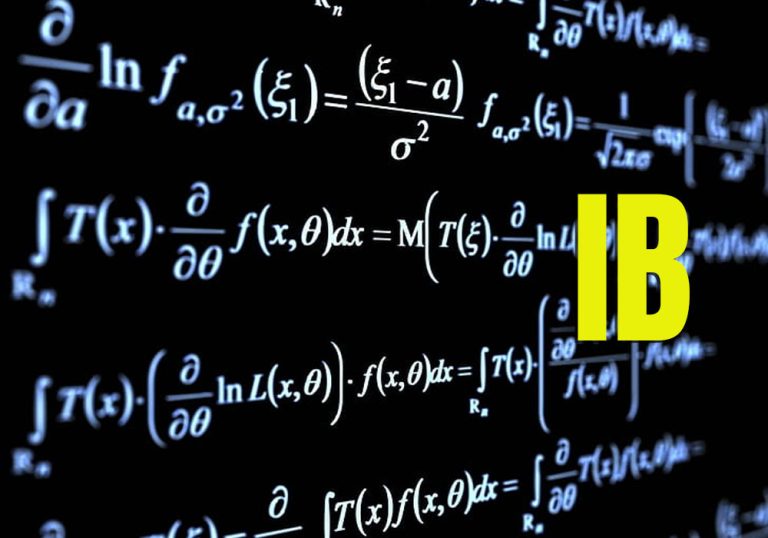Artificial Intelligence (AI) has become increasingly integrated into various aspects of education, transforming teaching and learning experiences across disciplines. In the context of the International Baccalaureate (IB) Math Analysis and Approaches (AA) course, AI plays a significant role in enhancing instruction, personalized learning, and assessment. This article explores the role of AI in IB Math AA, highlighting its potential benefits and implications for students and educators.
- Personalized Learning:
AI-powered adaptive learning platforms can personalize learning experiences for students based on their individual strengths, weaknesses, and learning styles. In IB Math AA, AI algorithms analyze student performance data and provide targeted recommendations for practice exercises, tutorials, and resources tailored to each student’s needs. This personalized approach helps students progress at their own pace, reinforce key concepts, and address areas of difficulty more effectively.
- Interactive Learning Tools:
AI-driven interactive learning tools enhance engagement and comprehension by providing dynamic, immersive learning experiences. Virtual tutors and chatbots equipped with natural language processing capabilities can assist students in understanding complex mathematical concepts, answering questions, and providing real-time feedback. Interactive simulations and visualizations powered by AI algorithms allow students to explore mathematical phenomena and gain intuitive insights into abstract concepts, fostering deeper understanding and retention.
- Automated Grading and Feedback:
AI-based grading systems streamline the assessment process in IB Math AA by automating the grading of assignments, quizzes, and exams. Machine learning algorithms analyze student responses and provide instant, objective feedback, reducing the burden on educators and enabling timely intervention and support. Automated grading also promotes consistency and fairness in assessment, ensuring that all students receive equitable evaluation of their work.

- Data-Driven Insights:
AI analytics platforms analyze large volumes of student data to generate actionable insights for educators, administrators, and policymakers. By tracking student progress, identifying learning patterns, and predicting performance trends, AI algorithms inform instructional decision-making and curriculum design in IB Math AA. Educators can leverage data-driven insights to adapt teaching strategies, differentiate instruction, and address the diverse needs of students more effectively.
- AI-Enabled Collaborative Learning:
AI facilitates collaborative learning experiences in IB Math AA by connecting students with peers, mentors, and experts worldwide. Virtual collaboration platforms powered by AI algorithms enable students to collaborate on projects, share ideas, and solve problems collectively in real time. AI-driven recommendation systems suggest relevant study groups, forums, and online communities based on students’ interests, fostering a supportive learning community and expanding opportunities for collaboration and knowledge exchange.
Conclusion:
AI holds tremendous potential to enhance teaching and learning experiences in IB Math AA, offering personalized learning, interactive tools, automated grading, data-driven insights, and collaborative learning opportunities. By harnessing the power of AI, educators can optimize instructional delivery, support student learning outcomes, and cultivate critical thinking, problem-solving, and mathematical literacy skills essential for success in the 21st century. As AI continues to advance, its integration into IB Math AA will play an increasingly vital role in shaping the future of mathematics education and preparing students for the challenges and opportunities of an AI-driven world.









